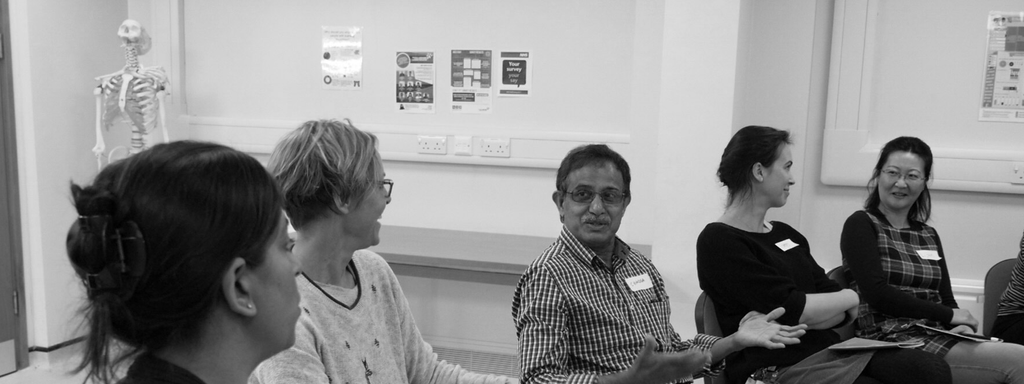Social Mindfulness
DEI, wellbeing, and ethics
Social mindfulness (Fig 1.) transforms DEI, wellbeing, and workplace ethics because it gives staff the insights and skills that enable them to cultivate psychological safety in complex, dynamic workplace environments.

Why is it so hard to change?
The root of the problem lies in human nature.
We ignore information and deny facts that might challenges group beliefs or individuals with power because we need to avoid rejection at all costs. This is why we are vulnerable to abuses of power. This is why we see difference as a potential threat to our identity. This is why we are unconscious of our biases in a socially transient, unequal, diverse world.
Why we need to go deeper
It takes more than raising awareness to change human nature. Training that informs staff that they have subconscious biases, without giving them the means to make what is subconscious conscious, is counterproductive. Instructing staff to change their behaviour without giving staff the means to do so undermines their sense of competence and has a corrosive effect on engagement.
There is no quick, easy fix. Culture change strategy needs to be sustained over many years to be effect. Social mindfulness, however, is a unique and novel approach that offers real potential to accelerate culture change because it goes deeper.
Why MBOE is powerful
Our flagship social mindfulness programme, Mindfulness-Based Organisational Education (MBOE) is evidence-based, internationally accredited. MBOE is powerful because it creates the psychological safety needed to reveal what is normally unconscious, conscious and empowers staff to put insights gained from seeing the workings of the social mind into practice.
Social Mindfulness and your organisation
Contact us to understand how social mindfulness can transform your organisation.
